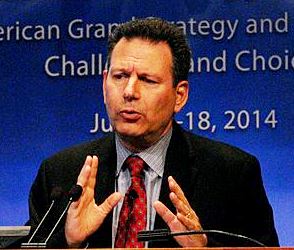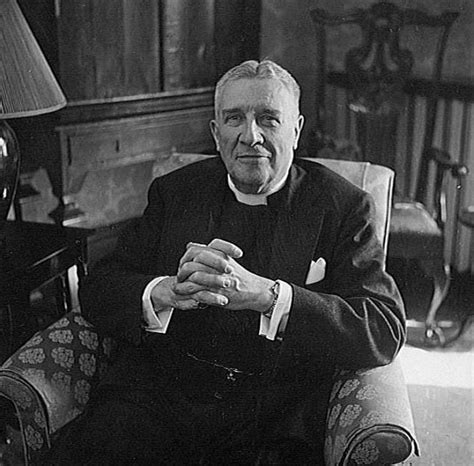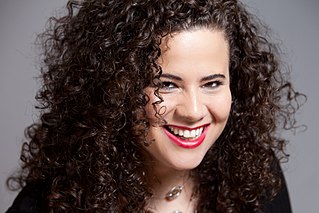A Quote by Noam Chomsky
It's fine to criticize somebody else's crimes and misdeeds, but you don't talk about your own. The only exception is a country that is defeated. And even that is rather nuanced.
Related Quotes
With me, even if my life depended on it, I wouldn't be able to cry. Not with somebody there. Because even if I'm talking about bad and upsetting things, if there is somebody else in the room, I am trying to entertain them. If there is somebody there, I am in performance mode. I can only cry if I am on my own.
One of the basic things we should avoid is to criticize others. Better to criticize yourself. Criticize yourself, criticize your brothers and sisters, criticize your country, criticize all the habits you have and laugh at yourself, is the best way. If you know how to laugh at yourself then you will not object or will not stand in the way of any creativity of another person.
Maybe being oneself is an acquired taste. For a writer it's a big deal to bow--or kneel or get knocked down--to the fact that you are going to write your own books and not somebody else's. Not even those books of the somebody else you thought it was your express business to spruce yourself up to be.
Let us face at the outset how many Christians are not victorious, but defeated. Defeated by circumstances, defeated by other peoples? natures and wrong-doings, defeated by the down-drag of the flesh, defeated by loss, by pain, by suffering, by worry. Instead of saying with confidence, ?This is the victory that overcometh the world, even our faith?, they have to say in honesty, ?This is the defeat that has been caused by the world, even our self-centeredness.? That is the opposite of faith. Unbelief is not the opposite of faith; self-centeredness is ? being centered in self rather than in God.
I want a future where women and girls get to be the subject of their own sexuality, not the object of somebody else’s. That we are the main characters in our own play, not props in somebody else’s—which is how women’s sexuality is treated now. Whatever the outside attitudes about sexuality it’s always about somebody’s agenda for us, and I want a world where we can have our own.
The problem I want to talk to you about tonight is the problem of belief. What does it mean to believe? We use this word all the time, and I think behind it lurk some really extraordinary taboos and confusions. What I want to argue tonight is that how we talk about belief- how we fail to criticize or criticize the beliefs of others, has more importance to us personally, more consequence to us personally and to civilization than perhaps anything else that is in our power to influence.




































